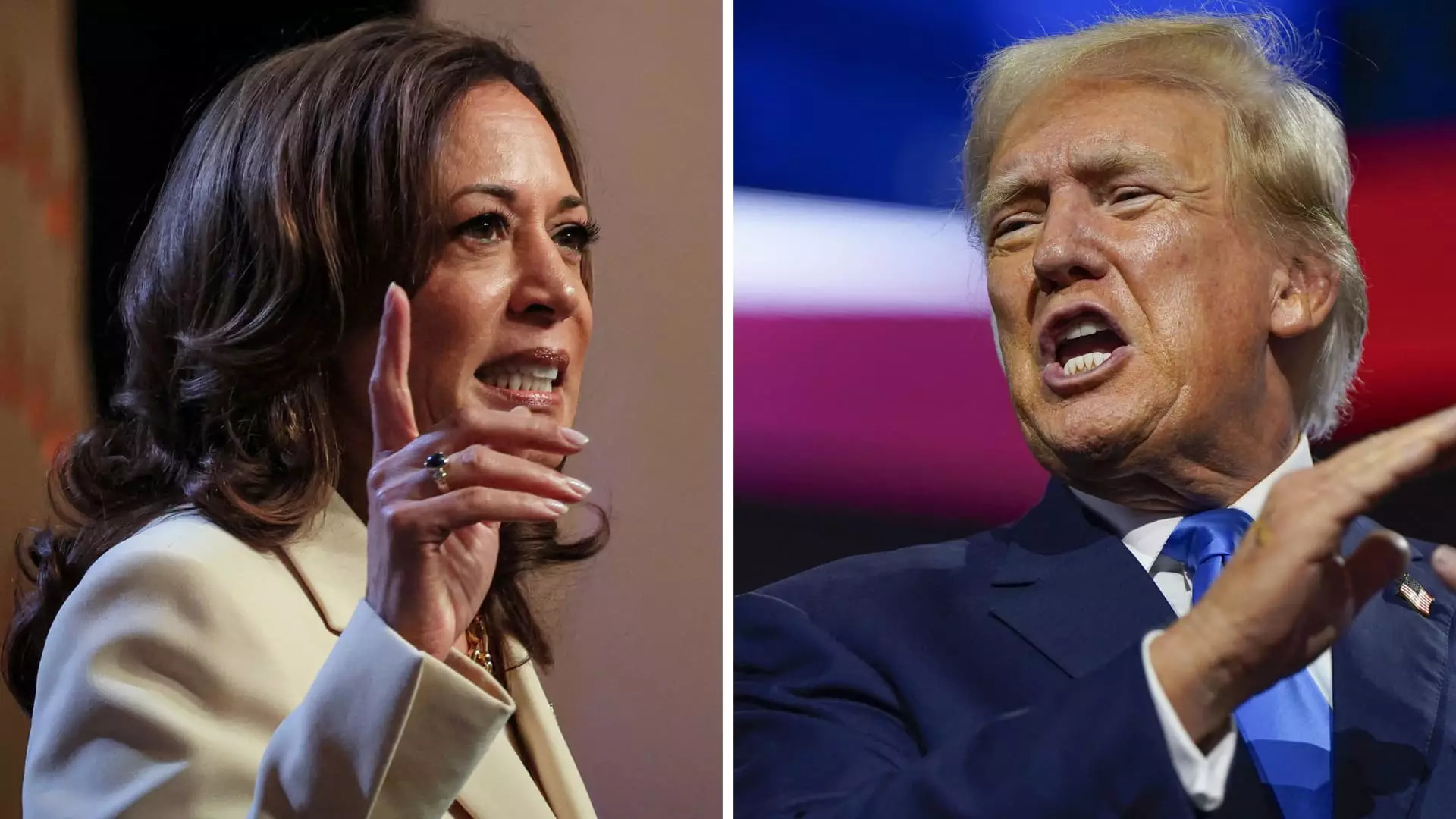Former President Donald Trump and Vice President Kamala Harris have both expressed their desire to end taxes on tips, a move that has sparked a debate among policy experts. Harris recently voiced her support for tax-free tips at a rally in Las Vegas, echoing Trump’s similar sentiments at a previous event. Given that Nevada relies heavily on the hospitality sector, where a significant portion of the workforce depends on tips, this proposal has gained attention in the key battleground state.
In 2023, there were approximately 4 million individuals working in tipped occupations in the United States, making up 2.5% of the total employment. These workers are typically lower-income earners, with a significant portion not being subject to federal income tax. While not taxing tips may seem like a targeted exemption, it has garnered bipartisan support in Congress, with bills introduced in both the Senate and the House.
Despite the backing from Harris and Trump, experts have raised concerns about the viability of the proposal. Steve Rosenthal, a senior fellow at the Urban-Brookings Tax Policy Center, highlighted issues of equity, efficiency, and revenue when evaluating the policy. Rosenthal noted that the plan fails to meet key criteria for sound tax policy and could potentially face challenges in implementation and abuse.
Critics argue that not taxing tips could create disparities among low-income workers who do not receive tips as part of their compensation. The potential cost of implementing this policy is also a point of contention, especially regarding the federal budget deficit. Estimates suggest that the combined effect of eliminating taxes on tips and raising the minimum wage could lead to a substantial increase in the deficit over the next decade.
Administrative and Revenue Implications
Experts caution that the proposal might encounter administrative hurdles and possible exploitation, such as workers attempting to reclassify their wages as tips to avoid taxation. Harris’ camp has indicated a willingness to work with Congress to establish income limits and safeguards against abuse. However, the specifics of how this policy would impact revenue and whether it would include an exemption from payroll taxes remain uncertain.
While the idea of eliminating taxes on tips may appear beneficial for service and hospitality workers, it raises significant questions related to fairness, efficiency, and fiscal responsibility. The debate over this proposal underscores the complexity of tax policy and the importance of carefully considering its implications before implementation.

